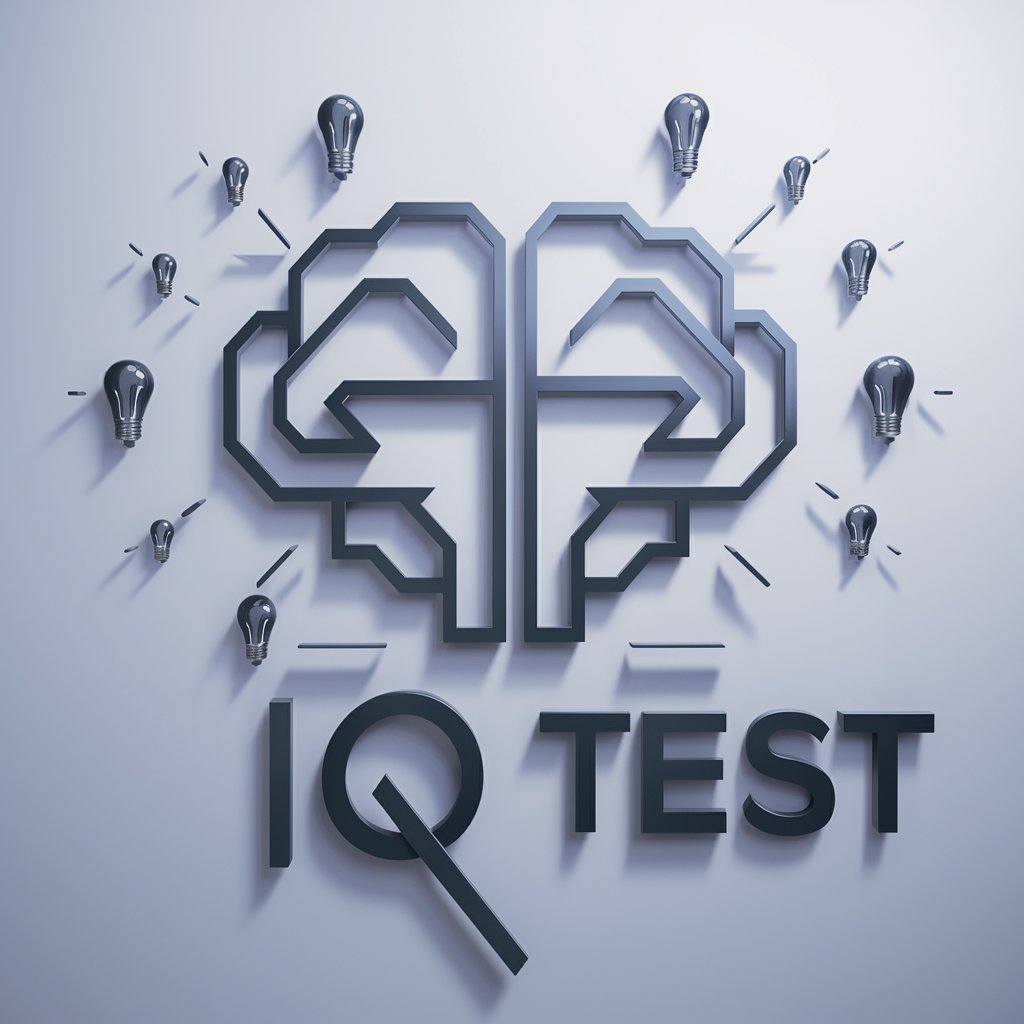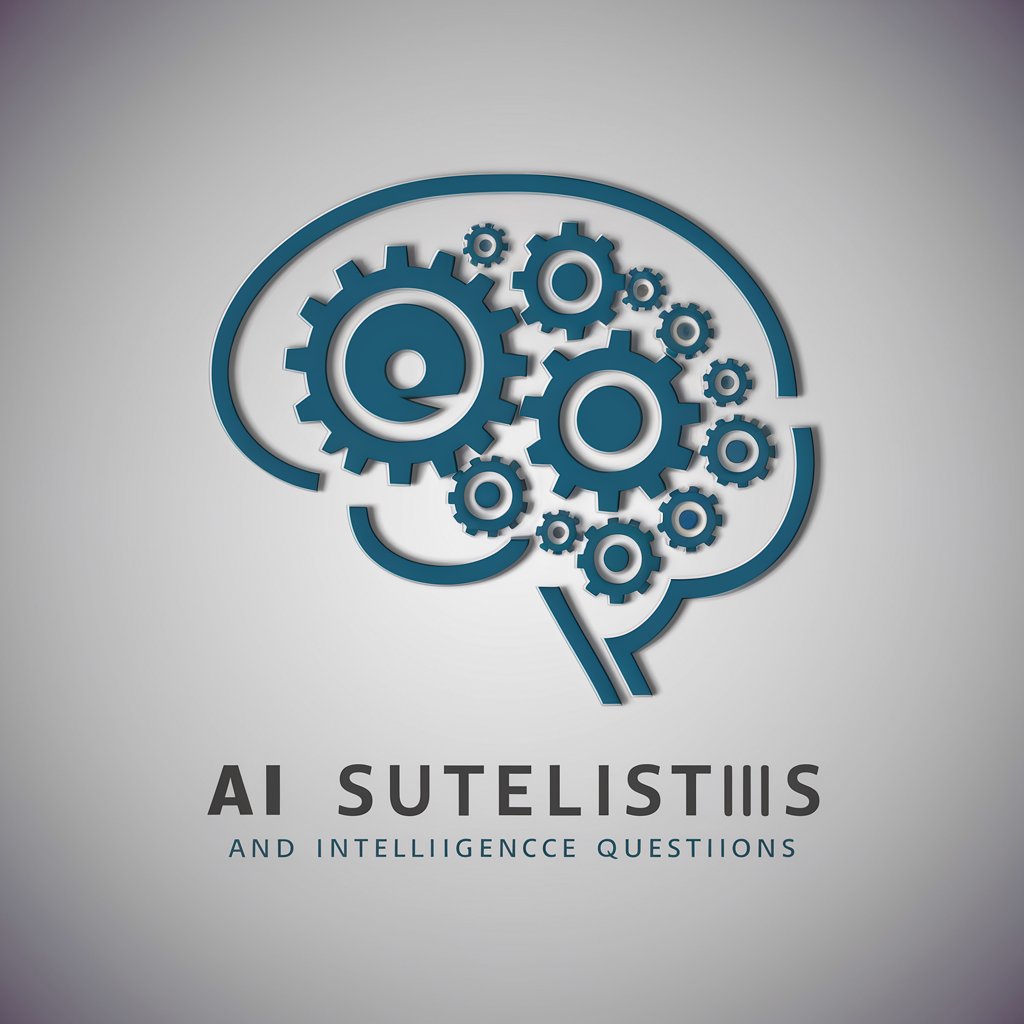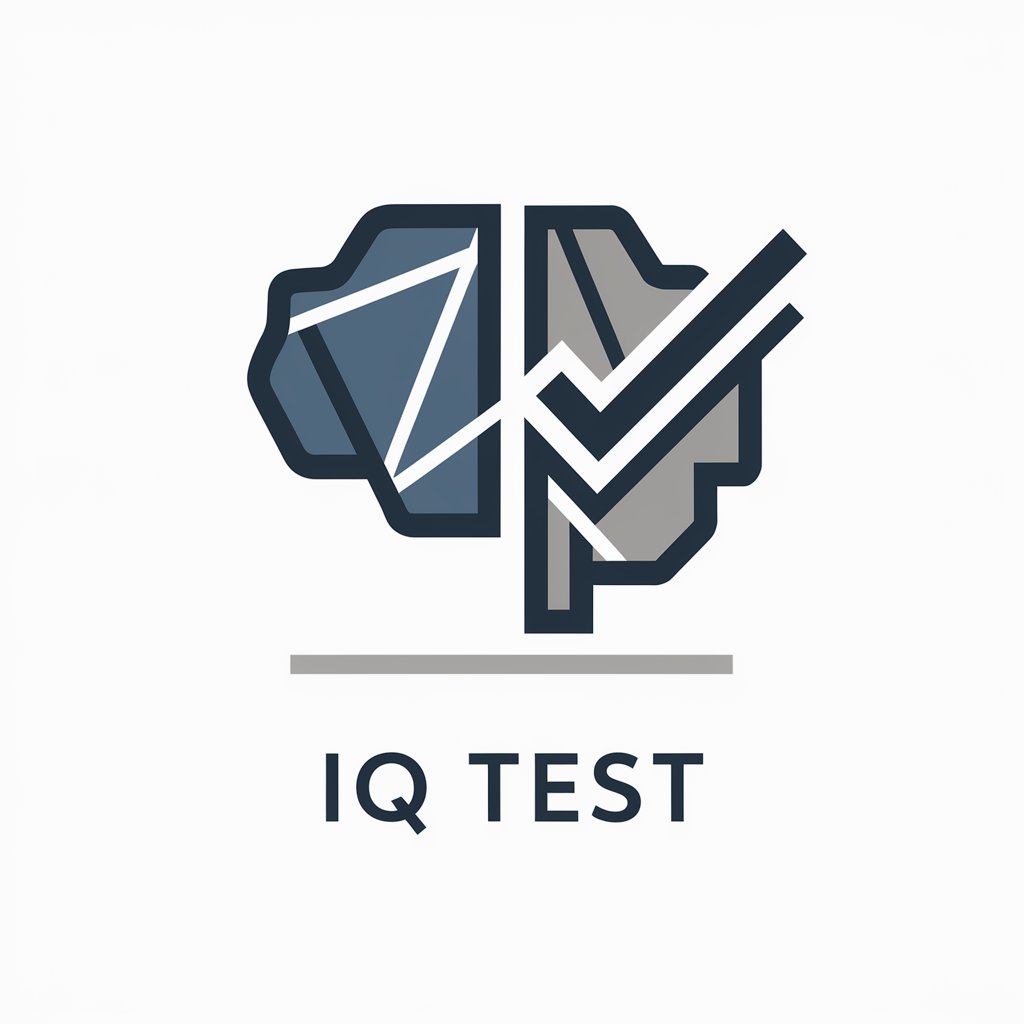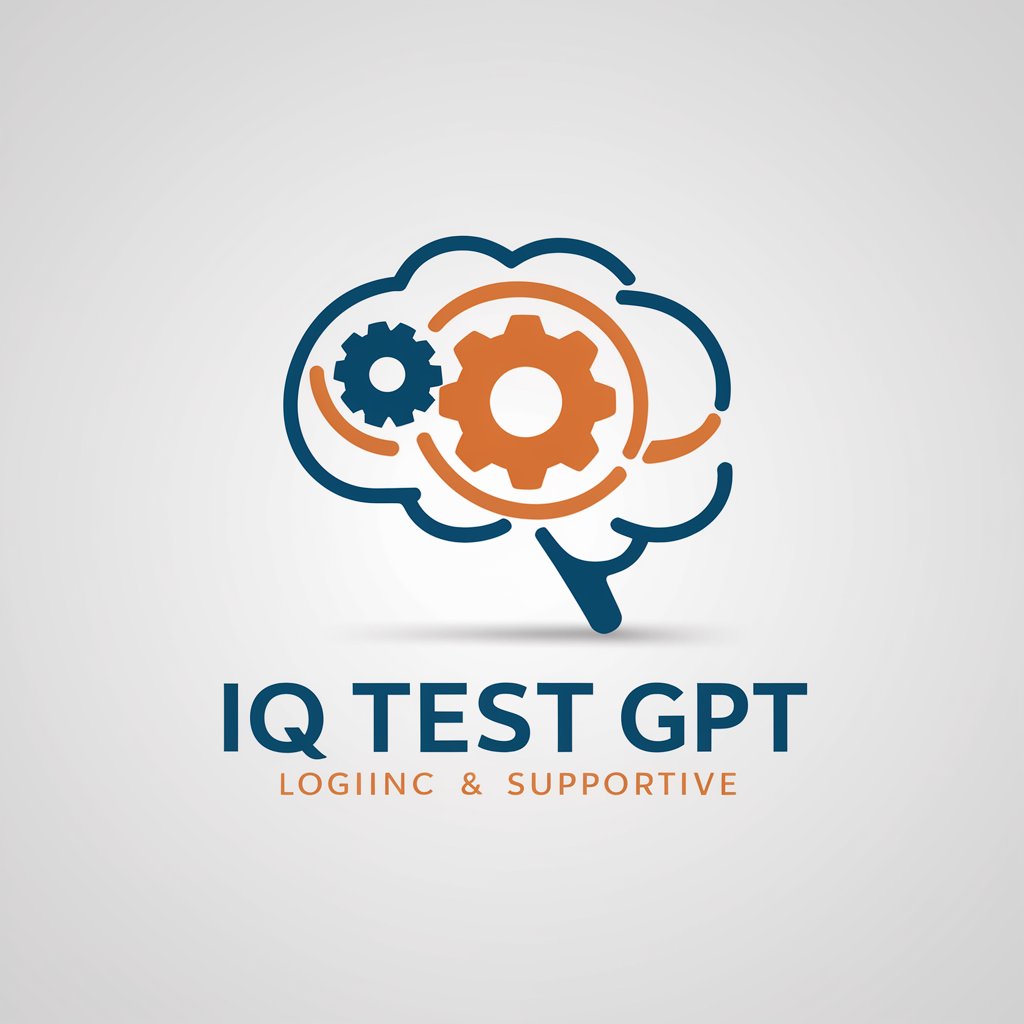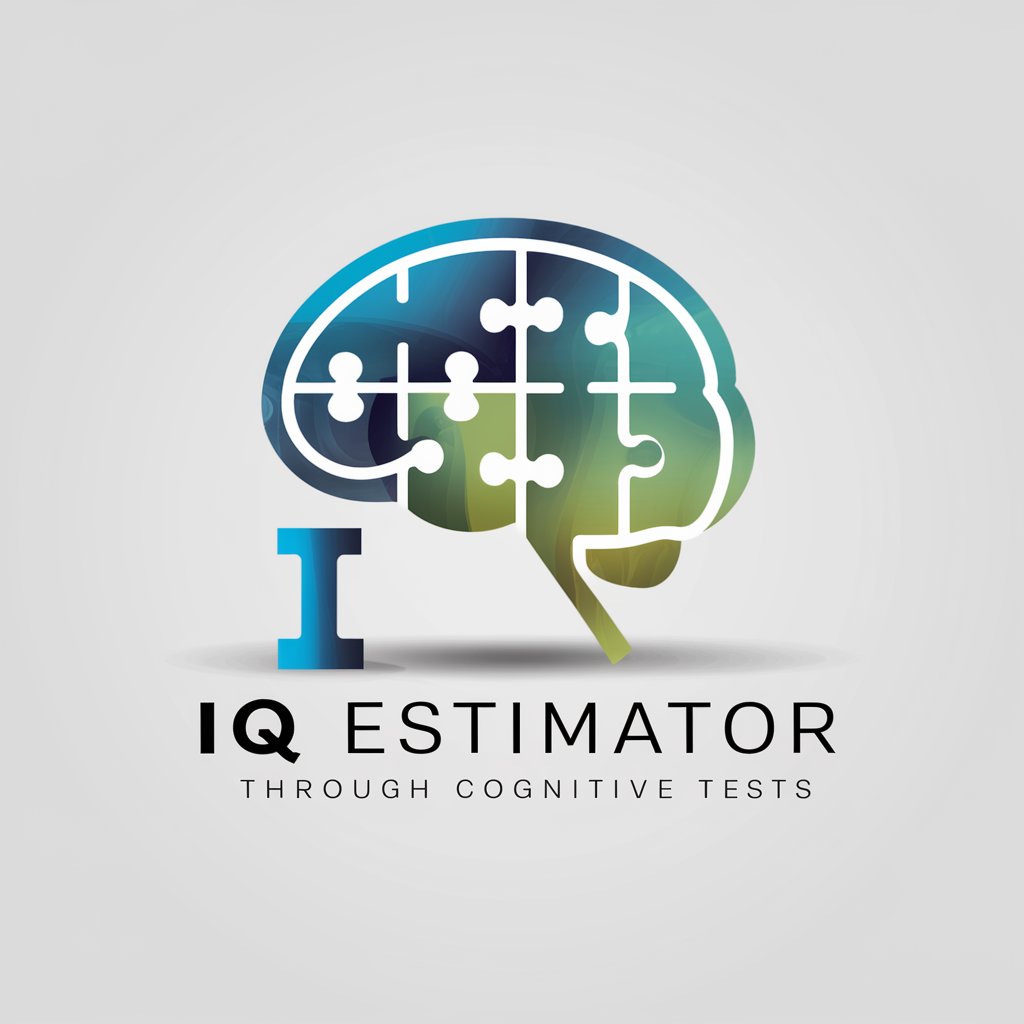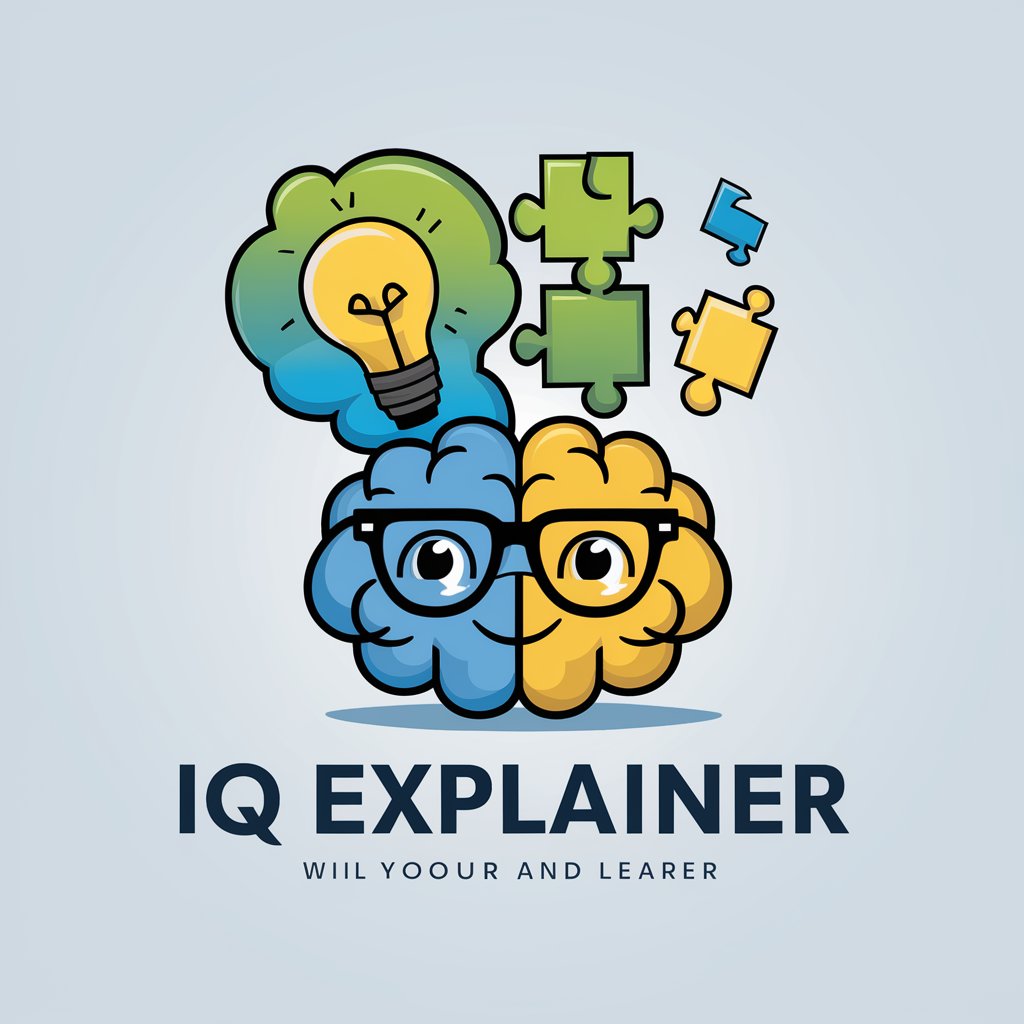
IQ and Occupation - Insight into Career Intelligence
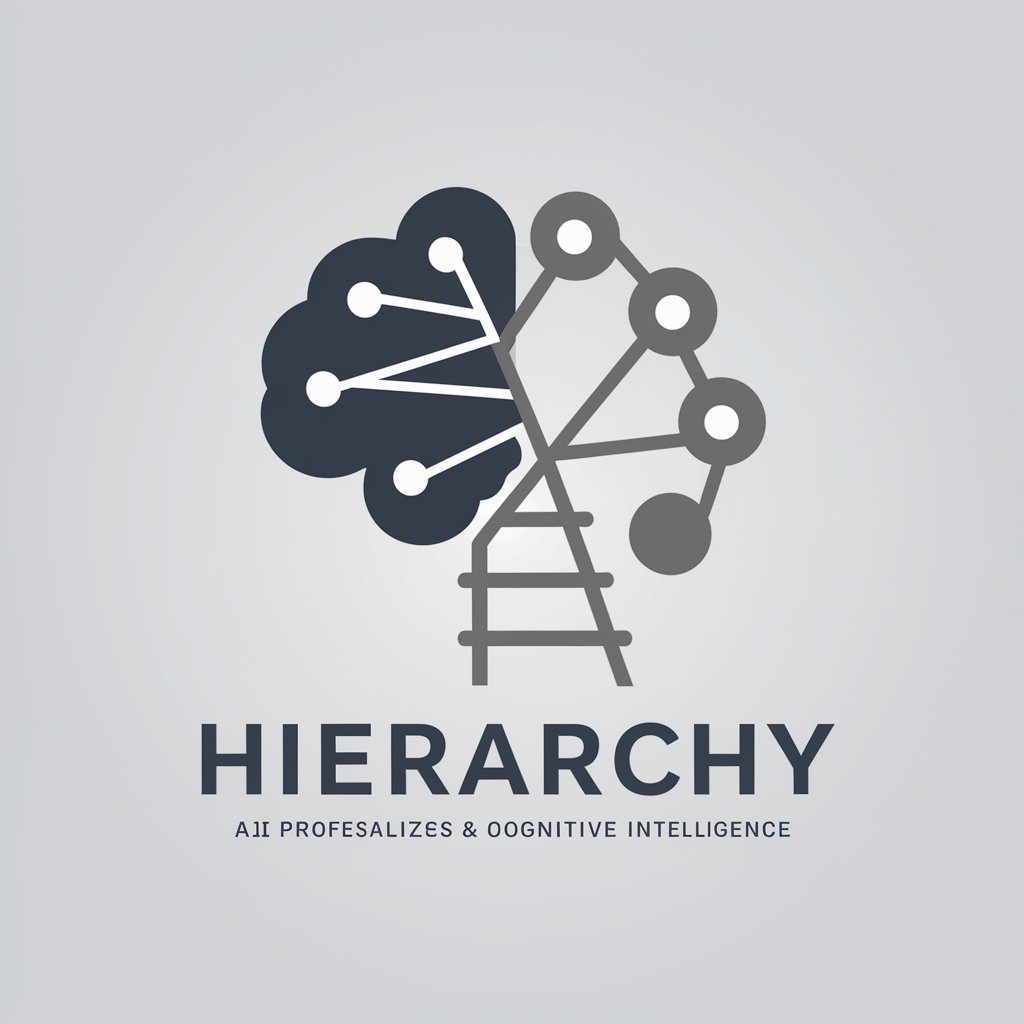
Welcome! Let's explore the world of psychometrics and occupational intelligence.
Navigating career paths with AI-powered intelligence insights
Explain the methodology used in the study 'Intelligence stratifies the occupational hierarchy'.
Discuss the significance of the findings in Wolfram's paper on occupational intelligence.
How do non-cognitive traits influence occupational rankings according to the research?
What are the limitations and future directions for research in occupational intelligence?
Get Embed Code
Introduction to IQ and Occupation
IQ and Occupation is a specialized tool designed to assist users in understanding and analyzing research papers, particularly in the field of psychometrics and occupational intelligence. Drawing inspiration from the paper 'Intelligence stratifies the occupational hierarchy: Ranking 360 professions by IQ and non-cognitive traits' by Tobias Wolfram, this tool focuses on guiding users through the intricacies of methodology, results, and the significance of studies within this niche. By offering examples and scenarios, it aims to enhance the user's ability to critically evaluate research, link findings to broader contexts, and comprehend the implications of such studies on occupational psychology and intelligence. Powered by ChatGPT-4o。

Main Functions of IQ and Occupation
Research Paper Analysis
Example
Explaining the methodology and results of studies on the correlation between IQ and occupational status.
Scenario
A user is struggling to interpret the statistical methods used in a study. IQ and Occupation can demystify complex statistical jargon, making the research accessible.
Critical Evaluation
Example
Assessing the limitations and potential biases in occupational intelligence research.
Scenario
A user questions the representativeness of a study's sample. IQ and Occupation guides them through a critical evaluation of the study's methodology and conclusions.
Implications for Occupational Psychology
Example
Discussing how findings from psychometric research can impact career guidance and HR practices.
Scenario
A user is interested in how intelligence influences career outcomes. IQ and Occupation provides insights into the practical implications of research findings for occupational psychology.
Ideal Users of IQ and Occupation Services
Students and Academics
Individuals engaged in the study or teaching of psychology, particularly those focusing on occupational psychology and psychometrics. They benefit from the tool's detailed analysis of research methodologies and results, which supports academic learning and teaching.
HR Professionals and Career Counselors
Professionals seeking to apply psychometric research in practical settings, such as recruitment and career guidance. They gain insights into the implications of intelligence and non-cognitive traits on occupational outcomes, enhancing their ability to make informed decisions.
Policy Makers
Individuals involved in the development of education and employment policies can utilize the tool to understand the role of cognitive and non-cognitive abilities in the workforce, aiding in the creation of evidence-based policies.

Guidelines for Using IQ and Occupation
Start with a Free Trial
Initiate your journey at yeschat.ai to access a free trial without the need for login or subscription to ChatGPT Plus.
Understand the Interface
Familiarize yourself with the platform's interface and available tools to navigate through the IQ and Occupation functionalities effectively.
Explore Use Cases
Investigate common applications of IQ and Occupation insights, including academic research, human resources planning, and personal career assessments.
Utilize Advanced Features
Take advantage of advanced analytical features to perform in-depth analyses of occupational intelligence data, including sorting and filtering capabilities.
Seek Support When Needed
For complex queries or technical issues, utilize the support system provided on the platform for guidance and troubleshooting.
Try other advanced and practical GPTs
Install, Maintenance, Repair Occupation Assistant
Empowering Maintenance and Repair with AI

Other Management Occupations Assistant
Empowering Managers with AI-driven Insights

Healthcare Support Occupations Assistant
Empowering Healthcare with AI

Legal Occupations Assistant
Empowering Legal Professionals with AI

Protective Service Occupations Assistant
Empowering Protective Services with AI

Other Production Occupations Assistant
Empowering Production Professions with AI

Occupation Code Finder
Decipher job codes with AI precision
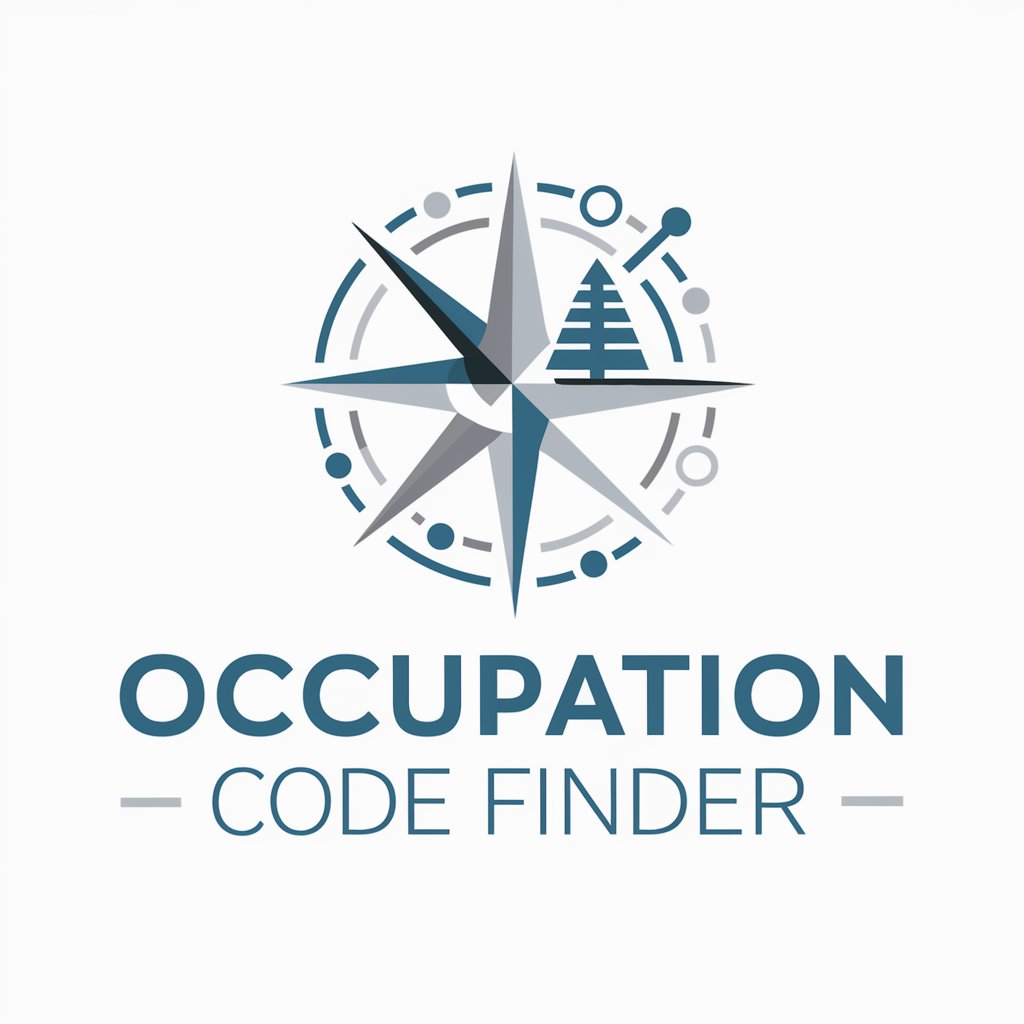
College Buddy
Empowering your college journey with AI.

College Therapy
Empowering you through AI-powered empathy and guidance.

College Pathfinder
Empowering your college journey with AI.

College Coach
Empowering your college journey with AI

College Innovator
Inspiring Innovation for College Life

Frequently Asked Questions about IQ and Occupation
What is IQ and Occupation?
IQ and Occupation is a specialized tool that provides insights into the relationship between intelligence (IQ) scores and occupational choices, allowing for a comprehensive analysis of career paths and their cognitive requirements.
How does IQ impact occupational choices?
IQ plays a significant role in occupational sorting, acting as a necessary condition for entry into and success within certain professions that demand high cognitive abilities. It influences career stability, performance, and the likelihood of ascending to positions of higher complexity and pay.
Can non-cognitive traits affect career outcomes?
Yes, alongside IQ, non-cognitive traits such as personality factors, risk-taking, and self-efficacy also influence occupational sorting and success. These traits contribute to job satisfaction, productivity, and are crucial for career advancement in various professional domains.
How can I use IQ and Occupation for career planning?
Leverage IQ and Occupation to match your cognitive abilities and non-cognitive traits with suitable careers, understand the demands of different professions, and plan your educational and professional development accordingly to maximize career satisfaction and success.
Are there limitations to the use of IQ in occupational analysis?
While IQ is a powerful predictor of occupational outcomes, it's important to consider its limitations. Occupational success also depends on factors such as education, socio-economic background, and specific skill sets, which may not be fully captured by IQ alone.
